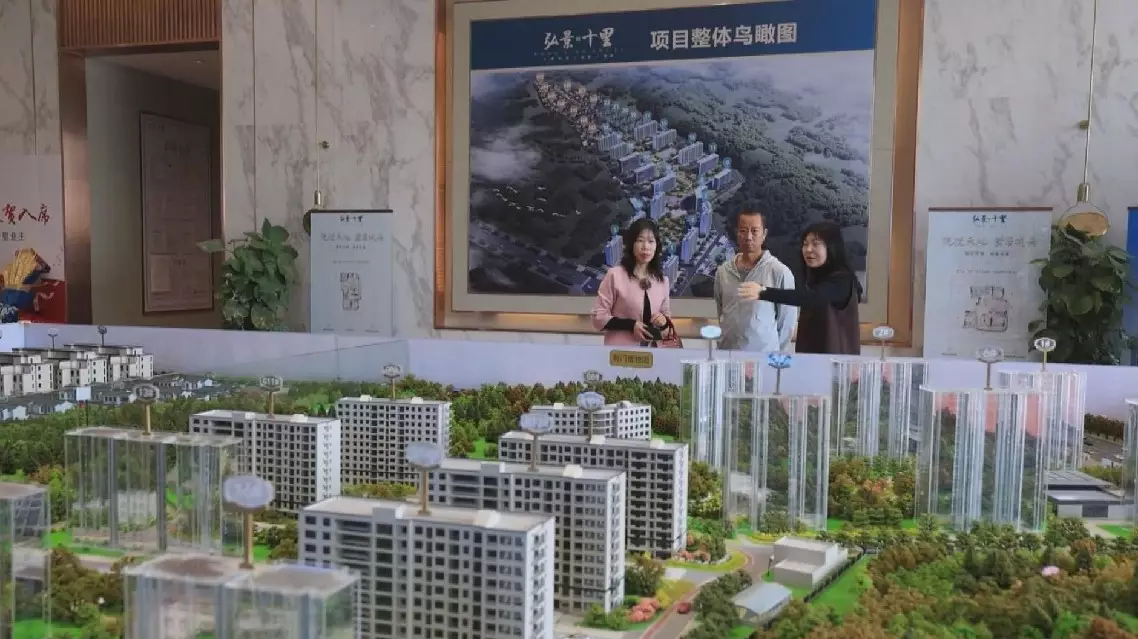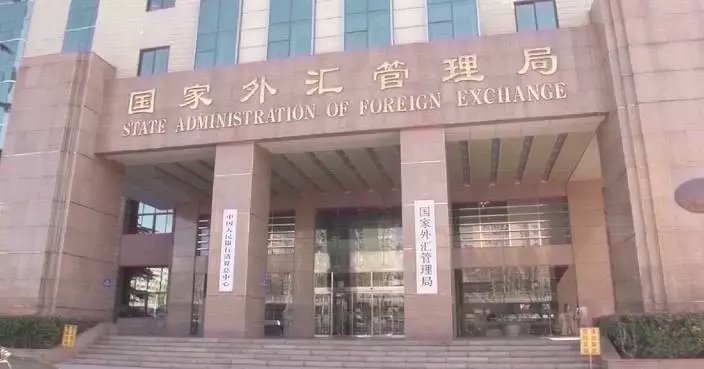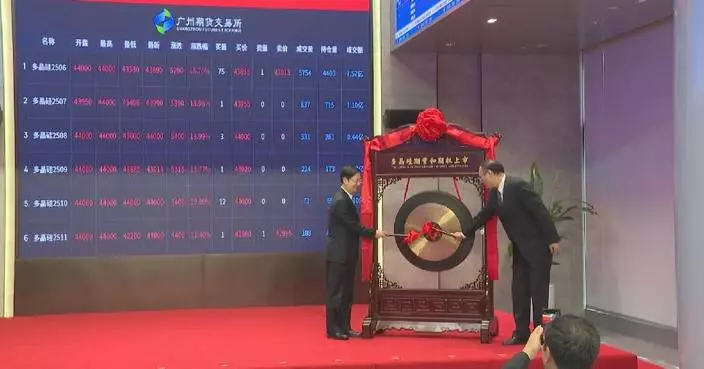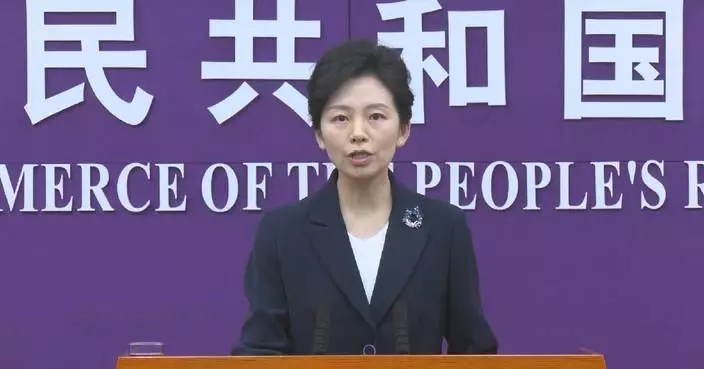A package of stimulus measures China has implemented this year to stabilize its real estate market has begun to take effect in the latter half of the year, as transactions of both new and second-hand homes are on the rise while new tax incentives and mortgage rates cuts relieved financial pressures for buyers.
In November, more than 10 cities in China saw month-on-month increases in second-hand home deals.
Among the four first-tier cities, in November, Beijing recorded the highest number of second-hand home signings in nearly 20 months; Guangzhou reached a new high in second-hand home signings for the past 19 months; Shanghai achieved a new high in second-hand home transactions for nearly 44 months; and the contract volume in Shenzhen also hit a new high in almost 46 months.
"In November, the number of new home transactions in Shenzhen increased significantly, while the second-hand housing market also recovered steadily, indicating that Shenzhen's real estate market is experiencing a notable recovery, with policy adjustments playing a pivotal role," said Ma Jian, deputy secretary-general of the Shenzhen Real Estate Association.
Despite the continuous fluctuations in the real estate market during the first three quarters of 2024, the decline in real estate sales has been gradually narrowing month by month thanks to a series of policy measures, particularly noticeable after September.
According to data from the National Bureau of Statistics, with the recovery of real estate market transactions in October, the sales of new commercial housing saw further improvement in November.
From January to November, the year-on-year decline in the sales area and sales volume of new commercial housing narrowed by 1.5 and 1.7 percentage points, respectively, compared to the period from January to October.
As the decline narrowed, the signed area of new commercial housing transactions nationwide witnessed consecutive growth in both October and November on a year-on-year and month-on-month basis.
Overall, in 2024, the national second-hand housing transaction area experienced year-on-year growth. In 11 provinces and municipalities, the signed area of second-hand housing transactions exceeded that of new commercial housing.
"From January to November, the decline in sales of new commercial housing in Hubei narrowed. Specifically, in October and November, both year-on-year and month-on-month sales of new commercial housing showed growth," said Li Jian, head of the real estate market regulation office at the Department of Housing and Urban-rural Development of Hubei Province.
With the increase in transaction volume, confidence in the real estate market is gradually being restored.
Based on the Purchasing Managers' Index (PMI) survey conducted by the National Bureau of Statistics, the market expectation index for the real estate sector in November rose by 1.1 percentage points compared to October.
Furthermore, a survey of real estate market practitioners revealed that in November, among certain real estate developers and intermediary agencies in 70 large and medium-sized cities, 68.5 percent and 57.1 percent of respondents anticipated that the sales prices of new commercial housing and second-hand housing would either remain stable or increase in the upcoming six months, suggesting a stabilization in market institutions' expectations.
Behind the reversal of the real estate market fluctuation are a series of significant measures implemented with sustained efforts since September, effectively stabilizing the market.
"The mortgage interest rate is now at 3.15 percent, nearly 50 basis points lower than before, which reduces costs for us," said a home buyer in Shenzhen.
"With a reduced down payment percentage, lower loan interest rates from banks, and a decrease in property transfer taxes, buying a home like this will be less stressful for me," said Sun Hui, a home buyer in Shanghai.
This year, the implementation of a series of policies has not only lowered the threshold for home purchases, but also eased the financial burden on home buyers.
According to statistics, the decrease in existing home loan interest rates by banks is anticipated to benefit about 50 million households and 150 million people, which is estimated to reduce households' annual interest expenses by about 150 billion yuan (around 20.6 billion U.S. dollars).
Data from the State Administration of Taxation showed that in the five days before the implementation of the new tax policies related to real estate transactions on Dec 1, a total of 364,000 households nationwide declared to benefit from the deed tax preferential treatment, resulting in a cumulative exemption of 8.4 billion yuan (around 1.2 billion U.S. dollars) in deed tax.
"Our policy toolbox is rich in content, and the implementation of these policies is relatively precise, with the aim to reduce the costs associated with buying and selling houses. I believe that some data has already indicated that our current policy adjustment is both positive and effective," said Yan Yuejin, deputy director of the Shanghai-based E-house China Research and Development Institute.
Experts say the impact of policies is notable in the first-tier city real estate markets. Hence, these cities should play a demonstrative role effectively. Proactive adjustments tailored to local conditions in subsequent policy optimization are crucial to meet diverse consumer housing needs.
"Currently, these policies have begun to take effect. In the future, it may be necessary to introduce more potent policy measures tailored to current situations and local conditions," said Zhang Qiguang, vice president of the China Real Estate Association.
Moreover, the meetings held by the Political Bureau of the Communist Party of China (CPC) Central Committee and the Central Economic Work Conference have underscored the importance of stabilizing the real estate market in 2025.
The emphasis lies on accelerating urban renewal initiatives and advancing the renovation of shanty towns in cities and dilapidated houses, setting the overall tone for next year's real estate work.
With existing policies gradually yielding fruits and the continued implementation of incremental policies, the financing environment for real estate enterprises is expected to be further improved next year. Various regions will also receive enhanced financial support for endeavors such as acquiring unsold properties and idle land.

China's real estate stimulus measures begin to take effect: experts

China's real estate stimulus measures begin to take effect: experts









